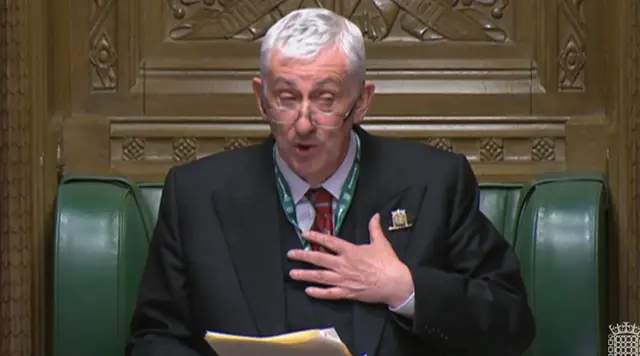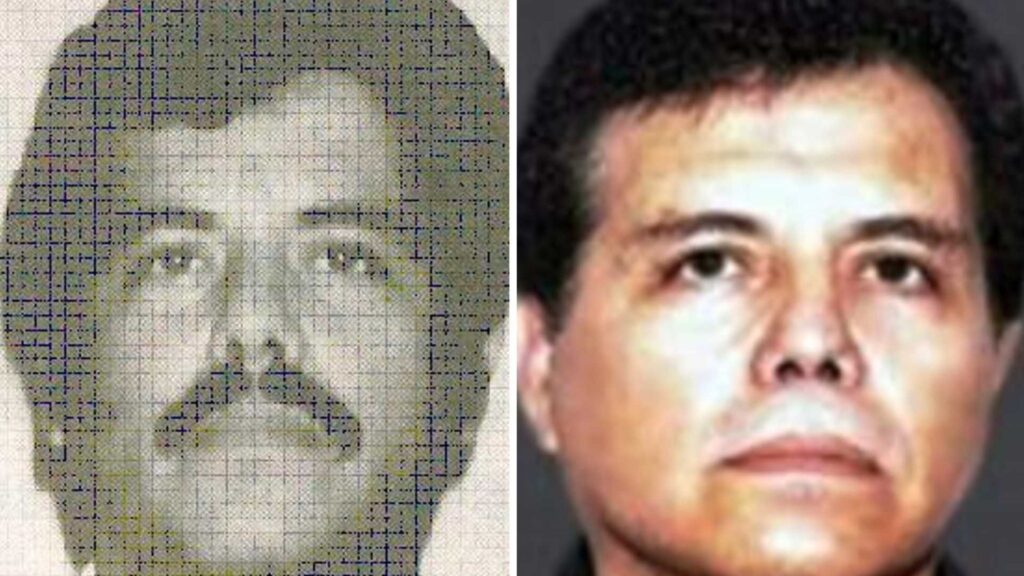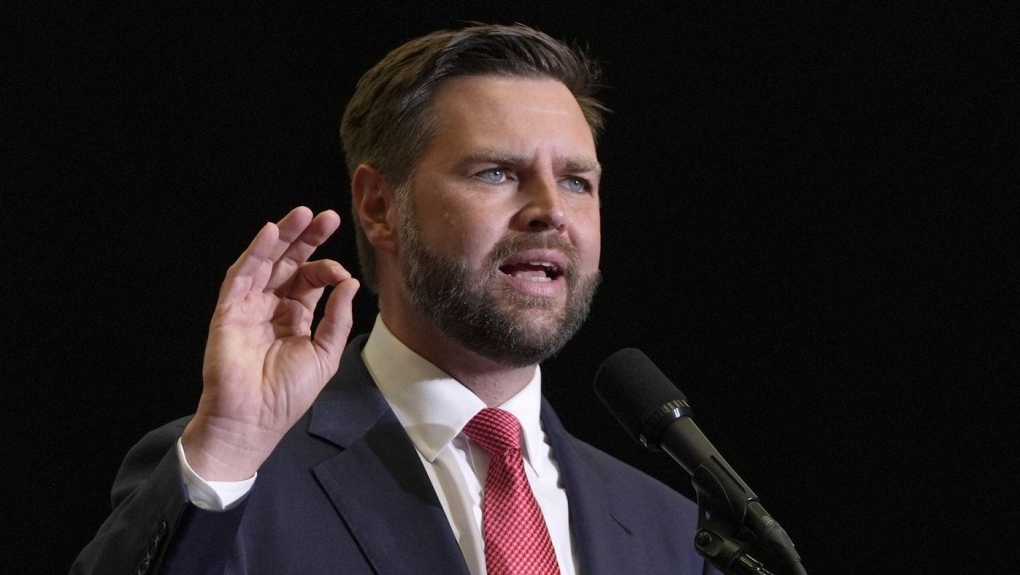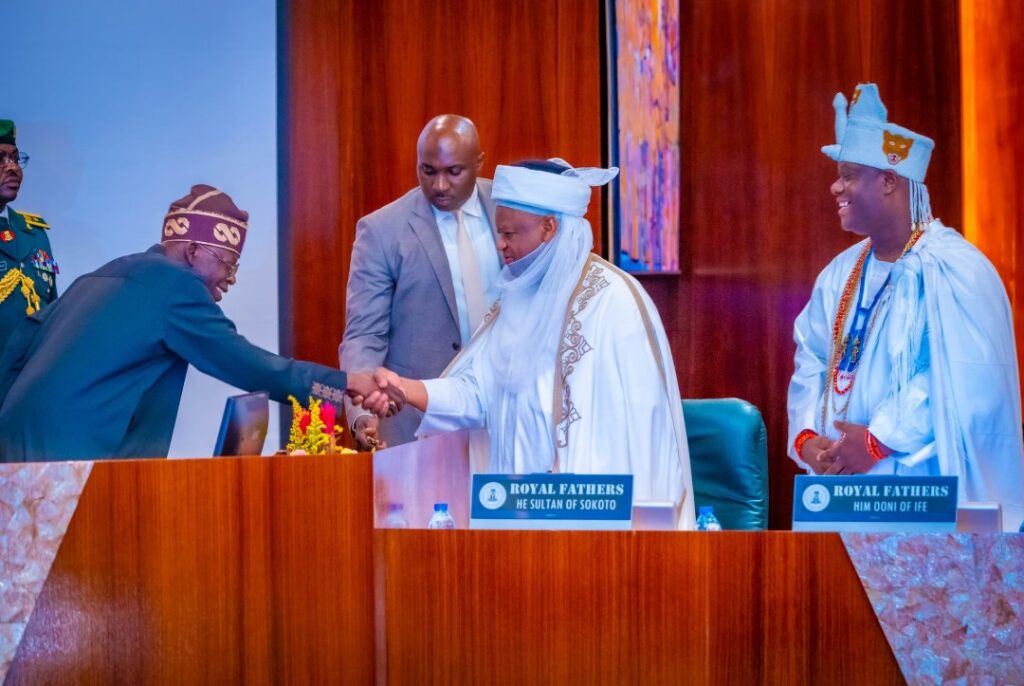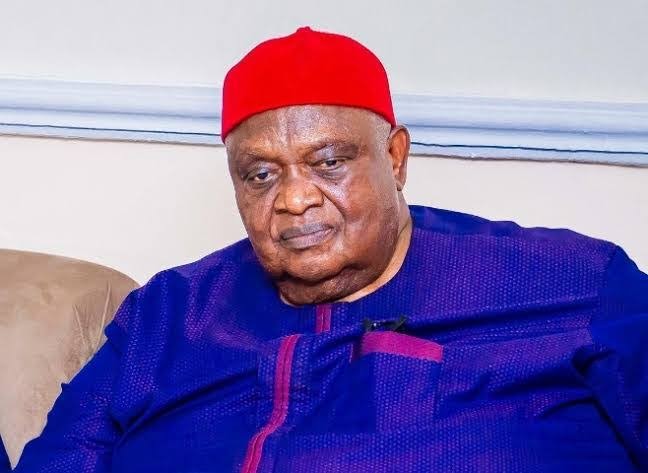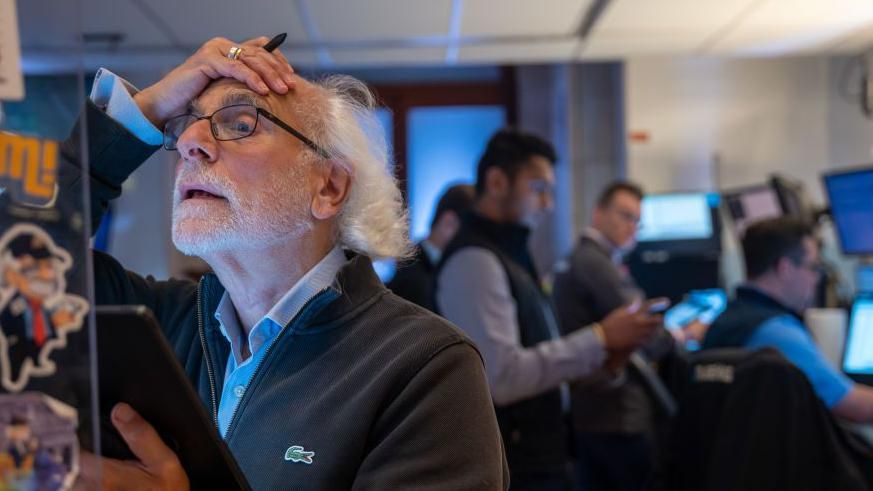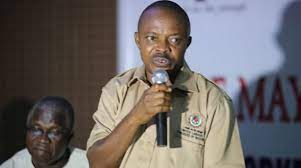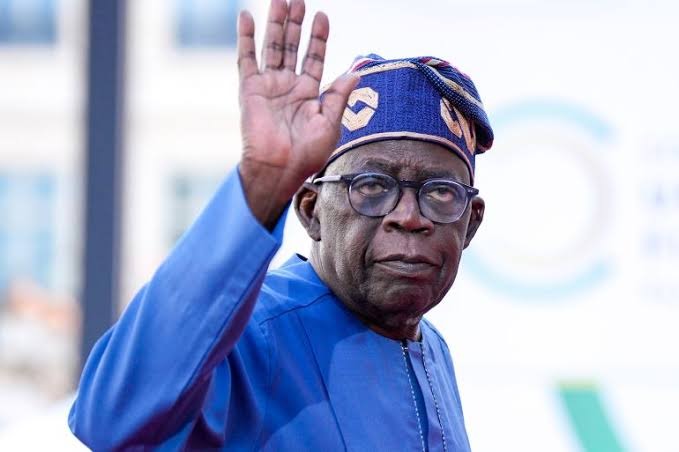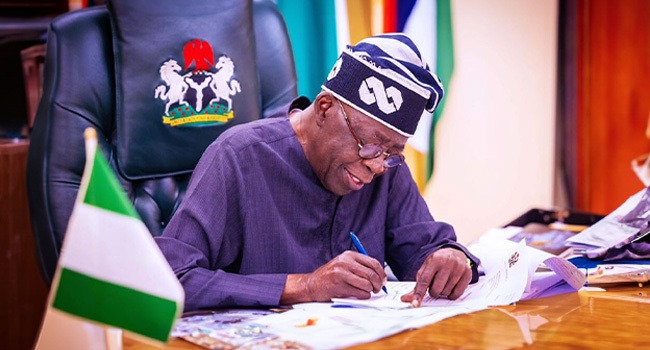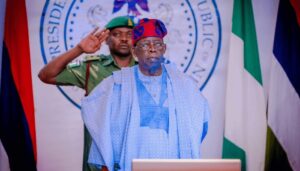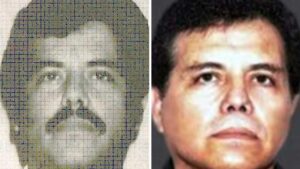Accusations of engaging in “party politics” have been leveled against Commons Speaker Sir Lindsay Hoyle for his decision to facilitate a vote on Labour’s Gaza ceasefire motion. This departure from convention during a debate elicited anger from SNP and Conservative MPs. While Sir Lindsay cited the intent of safeguarding MPs’ safety as the reason for allowing the vote, it resulted in a contentious atmosphere within the Commons. Despite later issuing an apology, calls for Sir Lindsay’s resignation persist.
Granting the vote allowed Labour MPs to advocate for a ceasefire without endorsing an alternative SNP motion, thereby constraining the potential for a Labour rebellion. Health Minister Maria Caulfield alleged that the decision was influenced “under undue pressure” from Labour, asserting that Sir Lindsay prioritized “party politics” over his duty as Speaker to remain impartial. However, both Labour and a source close to the Speaker refute these claims. In response to the situation, 56 Tory and SNP MPs have signed a motion expressing a lack of confidence in Sir Lindsay, prompting upcoming discussions between the Speaker and various parties to address the tensions.
Tensions arose during a dedicated Scottish National Party (SNP) debate, where they could propose motions for discussion and voting. The SNP introduced a motion urging an “immediate ceasefire” in Gaza and an end to the “collective punishment of the Palestinian people.” Labour, adjusting its stance on the conflict, submitted an amendment supporting an urgent humanitarian ceasefire but also acknowledging that Israel may not cease fighting if Hamas persists in violence. Breaking from customary procedure in such debates, Sir Lindsay permitted a vote on Labour’s amendment to the SNP’s motion. Subsequently, with the Conservatives opting not to participate, Labour’s motion passed, preventing a separate vote on the SNP wording.
Sir Lindsay justified his decision by stating his intent to provide MPs with the opportunity to vote on “the widest range of propositions” and expressed concerns about threats to MPs’ security regarding the issue at hand. However, his decision was criticized for allowing the vote to be “hijacked” by Labour, prompting some SNP and Tory MPs to walk out in protest.
In November, Sir Keir faced a significant rebellion over the Gaza issue when 56 of his MPs, including 10 frontbenchers, defied him to support an SNP motion advocating for an immediate ceasefire.
Following the debate, SNP Westminster leader Stephen Flynn accused Sir Lindsay of “colluding” with Labour leader Sir Keir Starmer to “block Parliament from voting on the SNP motion.”
On Thursday, Labour campaign co-ordinator Pat McFadden acknowledged that party leader Sir Keir had urged Sir Lindsay before the debate to allow a vote on Labour’s motion.
He refuted claims that Labour had issued threats to withdraw support from the Speaker after the election unless he allowed the vote, emphasizing that Sir Lindsay had acted in “good faith.” He attributed the absence of a vote on the SNP’s wording to the Conservatives’ choice not to participate in the debate, accusing them of attempting to sidestep potential rebellion from their MPs.
Health Minister Maria Caulfield contested this, asserting that Sir Lindsay’s decision exposed MPs from her party to potential criticism for not supporting the SNP motion. She remarked on BBC Radio 4’s Today program, “He took the threats to Labour MPs seriously but gave no consideration to what would happen to Conservative MPs.”
While there isn’t a formal mechanism for MPs to remove the Speaker, it is conventionally expected that the Speaker should enjoy the confidence of the main parties in the Commons. On Thursday, more MPs added their names to an early day motion, endorsed by both Tory and SNP MPs, expressing no confidence in the Speaker.
SNP MP Pete Wishart joined those supporting the motion, stating that the “position of the Speaker is pretty much untenable.” However, numerous other MPs conveyed their decision not to take this step. Former Conservative minister Robert Buckland, for instance, accepted the Speaker’s apology and announced that he would not be seeking a vote of confidence.

